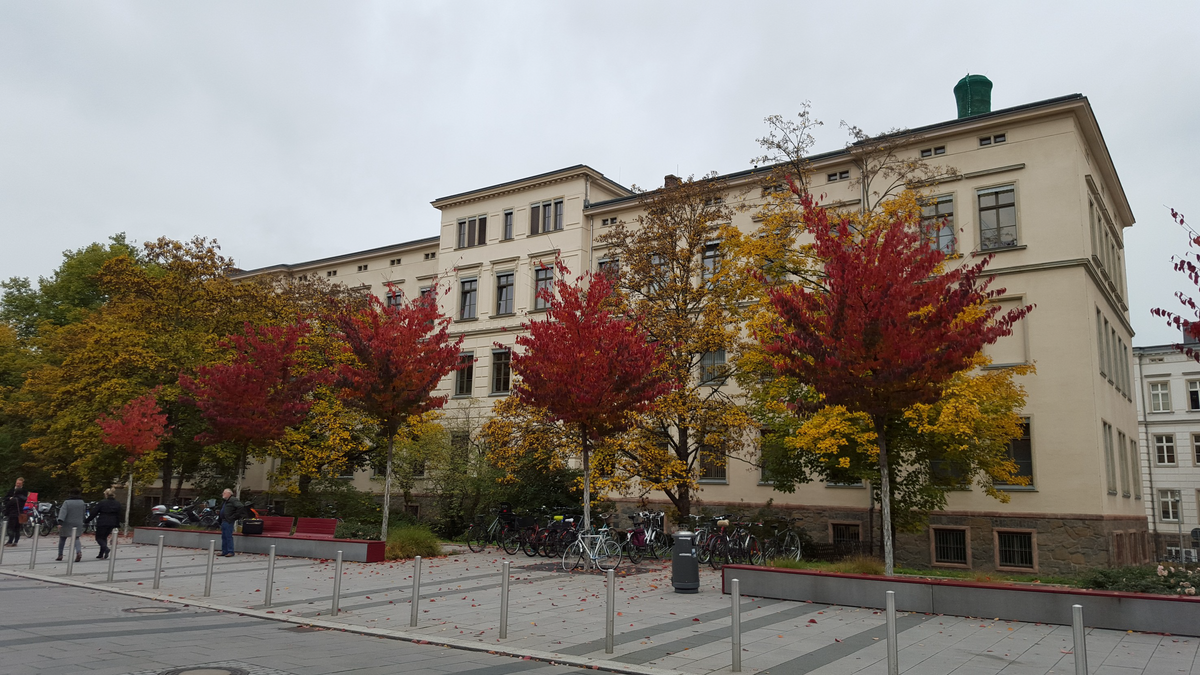Earth system dynamics are determined by the interactions between the lithosphere, biosphere, hydrosphere and atmosphere. We investigate these complex mechanisms, accounting for the human–environment relationship. Our current topics include the effect of climate variability on ecosystems, on the hydrological cycle, and on natural hazards. Our expertise ranges from geology, geophysics, and hydrology to ecosystem and biodiversity research. Methodological expertise lies in remote sensing and environmental data science, sedimentological laboratory analysis, and geophysical techniques.
Fokus
Our institute decodes processes in the earth system based on the different signals in the solid earth, the water cycle, and the biosphere. Geology studies climate changes over the Cenozoic era (66–0 million years), which resemble current global climatic and environmental changes. The research groups in the areas of ecosystem science, the hydrological cycle, and applied geophysics study decadal to daily processes in the earth system from the local to the global scale. Remote sensing, field measurements, and data science are essential research methods for this work.
In addition to four (soon five) professorships, our institute conducts research through a joint appointment with the Helmholtz Centre for Environmental Research – UFZ. We also house the Geological-Palaeontological Collection of Leipzig University – one of the largest German university collections in the field of geosciences, and the Collm seismic observatory. We are closely connected to the German Centre for Integrative Biodiversity Research (iDiv), and to the Centre for Scalable Data Analysis and Artificial Intelligence (ScaDS.AI).
